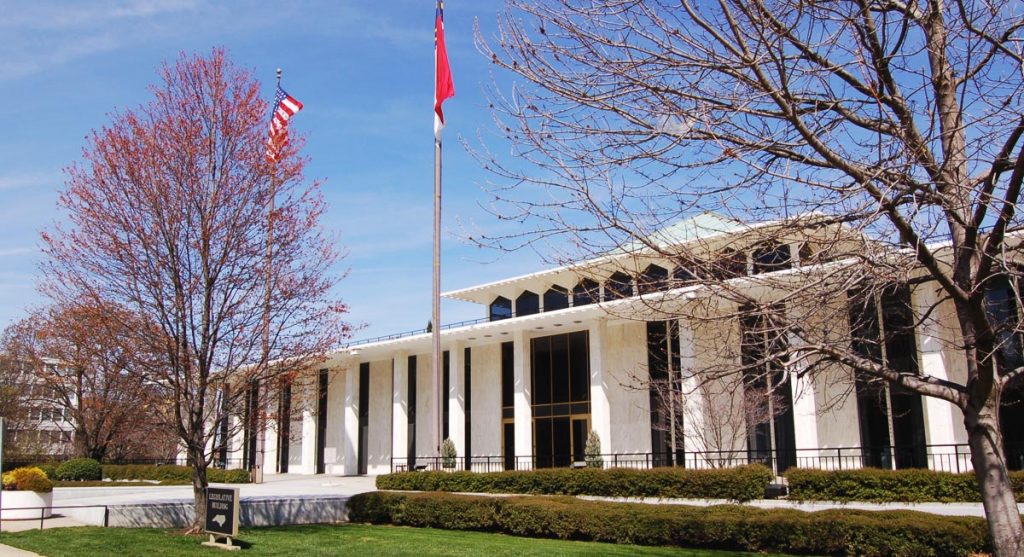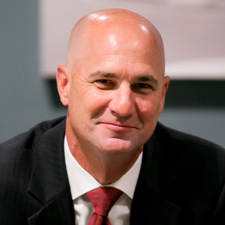As House Bill 103, 2022 Appropriations Act, (H103) awaits gubernatorial action, we’re taking a closer look at what’s in the $27.9 billion spending plan, what’s not and what comes next.
Budget Before July 4
Late last week state lawmakers passed their 2022 budget package, sending the bipartisan spending plan to Gov. Cooper on July 1 as the state entered its new fiscal year. Lawmakers’ goal was to pass a budget and adjourn by the Fourth of July holiday, keeping the short session true to its namesake and allowing members valuable time back in their districts. The legislature adjourned until July 26, at which time both chambers will reconvene to consider any veto overrides, appointments or other matters meeting the criteria outlined in the adjournment resolution. Meanwhile, Gov. Cooper has until Monday, July 11, to sign or veto the bill, otherwise it will become law without his signature.
By The Numbers
Budget writers this session had a surplus of roughly $6.5 billion on their hands as revenue collections continued to out-perform expectations through the pandemic and beyond. The spending plan approved by the General Assembly largely directs the surplus funds to continue padding the state’s savings reserves and preparing for economic downturn. It also makes several adjustments to 2021 spending levels and includes a number of other spending provisions that ultimately resulted in the bill garnering bipartisan support among legislators. Highlights of the 2022 Appropriations Act include:
- Average raises of 4.2 percent for teachers;
- $32 million for a special fuel reserve to ensure school buses can continue running amid rising gas prices;
- $40 million for school safety, including security improvements and crisis trainings;
- 4 percent pension increases for state retirees;
- Economic development incentives, including $112.5 million for the Chatham County megasite announced earlier this year;
- $295 million for renovation and relocation of government buildings;
- $15 million to keep the NCAA headquarters in North Carolina for at least the next 15 years;
- $1.5 million to a pilot training program for sexual assault nurse examiners; and
- $6 billion directed to state savings reserves in preparation for economic downturn.
The 2022 budget did not contain any tax cuts, but 2021 cuts to business and personal income taxes will remain in place.
Medicaid Expansion
One notable absence among the nearly 200-page bill is Medicaid expansion. The possibility of expanding Medicaid has been tied to budget negotiations for years, and it’s unclear whether Gov. Cooper will sign a budget bill that does not include this major priority of his administration. North Carolina remains one of few states left that have yet to expand Medicaid, despite seeming to get close this year with leaders in both the Senate and House introducing their own Medicaid expansion plans.
Next Steps
The Governor has until July 11 to sign the 2022 Appropriations Act into law or veto the bill. With H103 passing both the Senate and House chambers with veto-proof majorities, it seems unlikely that a veto is forthcoming; however, if the budget does, in fact, receive a veto, lawmakers can attempt to override it and pass the bill into law when they reconvene at any one of their special sessions beginning July 26.
As budget business wraps up and we look ahead to upcoming special sessions, stay tuned for the latest legislative developments here.




